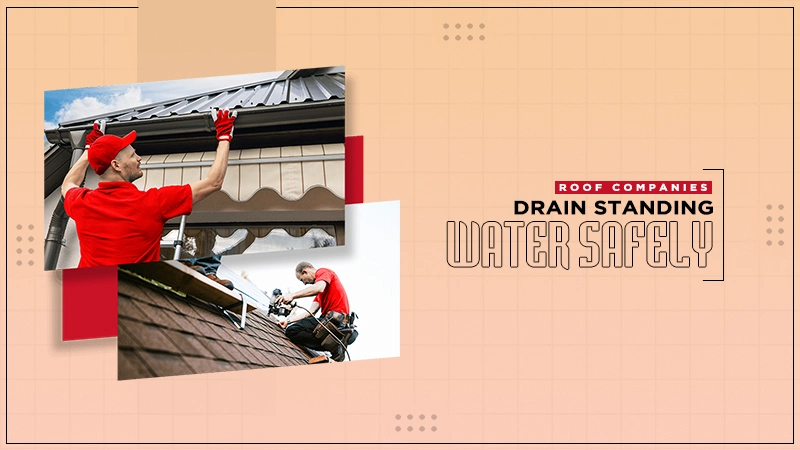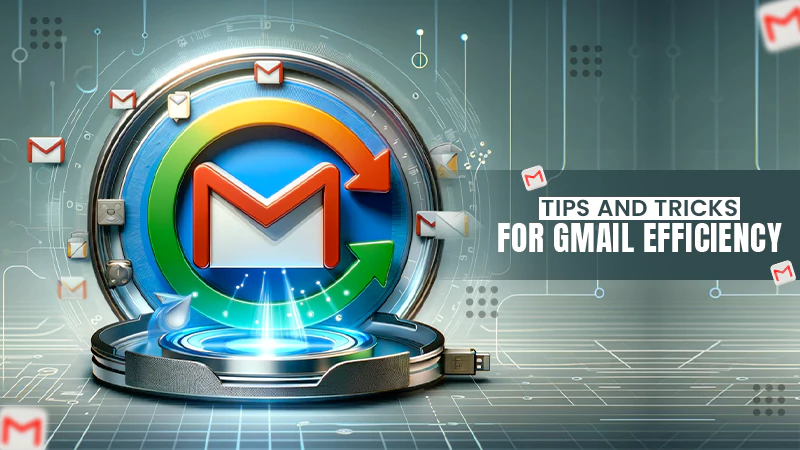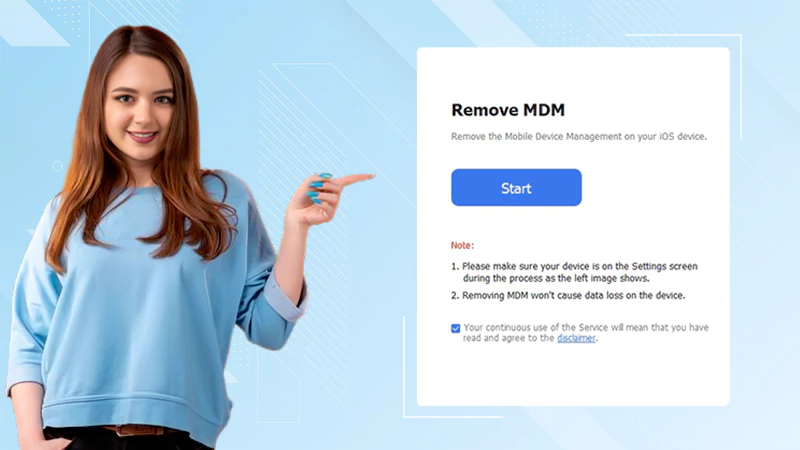The Insurance World Steps into the Future with Home Automation
Advancements in technology provide us with not only convenience but also the chance to save you money. Money on your insurance that is. With the introduction of smart home devices on the market has come better security and prevention of financially-draining damage to the spaces you hold near and dear. But this technology is not only changing our worlds. It has also impacted how insurance companies do business when it comes to homeowners’ coverage.
Also Read: A Guide to Modern Home Appliances
What is Home Automation?
Home automation refers to the process of using smart home technology to operate and control various systems throughout your home. This can include things as simple as changing your thermostat with advanced systems able to turn on and off your home’s water. Smart home technology operates with an internet connection and is controlled using your smartphone or tablet.
Types of Smart Home Devices
The number of smart home devices available on the market seems to grow year after year, with each incarnation being more advanced than the last. The capabilities are nearly endless as you are given remote control of your home in various ways. The devices are convenient and reassuring, as many works to boost safety on your property.
The smart home devices available include:
- Video and audio doorbells
- Security cameras
- Burglar alarms
- Thermostats
- Flood sensors
- Smoke detectors
- Carbon monoxide detectors
- Water and gas shutoff systems
- Garage controller
- Smart lighting
Creating a Smart Home
After the aforementioned devices are connected to their respective systems, you can then control them from either a centralized control panel or through your smartphone. The more devices you have working in your home, the “smarter” it will become. Due to this, you must do your research on devices and make sure the ones you are purchasing can be integrated. A record number of companies offer smart devices nowadays, many of which may have trouble working together in sync. Technology companies have gotten better about this in recent years, but you should be prepared for roadblocks when developing your smart home. You should also determine what systems in your home you want to control from smart devices. You do not need to have everything set up with smart home technology. Some people benefit from simply having a video doorbell, while others appreciate the convenience found in using multiple smart devices.
How Home Automation Can Impact Insurance
Home automation goes beyond just benefiting your life; it can also have an impact on your homeowners’ insurance. What these impacts will look like in the future, though, is hard to say definitively. It feels like technology advances every month, so as smart devices get better, homeowners may reap more benefits from their insurance providers. Explored below is how smart home technology can help your insurance policy both right now and in the future.
Fewer Insurance Claims
Smart home technology can result in homeowners filing fewer claims. This could be a good thing for both insurance providers and customers. This is possible through the fact that smart home systems work to alert homeowners of any changes happening within their homes. For example, while you are away on vacation, someone attempts to break into your home. Thanks to your burglar alarms, they are scared off. This not only protects your home but also keeps your personal items safe. If you didn’t have a smart home system set up, you could be filing a claim with your insurance provider for damage and theft. Other systems can help minimize damage, like if a pipe bursts, you can shut off your water remotely. With smart home devices, you add another layer of protection that helps keep your home damage-free and thus claims-free.
As technology advances, the number of claims for homeowners insurance drops drastically, leading to both providers and customers saving money. It also makes certain customers more appealing to insurance companies. As companies realize the value and support smart security can offer homes, they may prefer homeowners with devices installed over those who have none. Installation of smart systems may become the standard for homeowners as such technology hits the mass market.
Insurance Premiums Discounts
Your insurance premiums can benefit greatly from installing smart home technology. When shopping for insurance, you have the chance to negotiate your rates. By presenting evidence you have installed smart home devices that improve the safety of your home and can work to prevent damage, insurance providers may reduce your rates.
Some insurance companies specifically provide smart home insurance discounts, which automatically reduce your premiums by a certain amount upon showing that you have a qualifying smart home device installed. These discounts can range in savings from 5%-20%. A number of national insurers have even teamed up with technology companies to offer discounts on their products which also help you receive a discount on your premiums.
But smart home insurance discounts are really in their infancy. Smart home systems are a relatively new thing for the average homeowner. Some may not even know that installing smart systems can get them a break on their rates. As smart home devices become more accessible, insurance providers may begin offering more discounts. This can especially be the case as technology improves. Better technology means more protection for your property which insurance companies will appreciate. How much coverage a homeowner needs can also be reconsidered as they find comfort knowing their home is, for the most part, under their control at all times. The distribution of homeowners policies certainly has the chance to be shaken up thanks to smart devices becoming mainstream.
The Good And Bad of Home Automation
While turning your home into a smart operating home may seem appealing, especially regarding insurance, it does come with some setbacks. Like any other piece of technology, it has its good and bad sides. Outlined below are some of the benefits and drawbacks of installing smart home devices.
Benefits
- Security – A number of smart home devices are intended to boost the security of your home. Devices like video doorbells and window sensors not only will deter thieves but capture video of them. Security alarms also work to alert local law enforcement when an alarm is triggered within your home.
- Fewer claims – As previously explored, smart devices help to alert you of problems with your home, and many give you a chance to put a stop to them before further damage can be done. For example, if a pipe in your home bursts, there are special devices that will alert you, which then give you the chance to either turn off your water or call for help. Thanks to this advancement in technology, there is less of an incentive for you to file a claim with your homeowners’ insurance. Fewer claims not only keep your insurance rates low but also appease your insurance provider.
- Convenient – Being able to control and monitor your home from your phone, pretty much anywhere in the world, is a very appealing thing for many homeowners. It gives some peace of mind and allows changes to be made to your home in just a few taps. It’s a whole new way of being a homeowner.
- Homeowners’ insurance discounts – The policy discounts available for homeowners who install smart devices are growing every year. As the insurance world catches up with the fast-changing industry of smart homes, it is likely more providers will start to pay attention to the effectiveness of smart devices as they evolve and become more readily accessible. As homes become safer thanks to technology, it’s possible the percentage of savings can grow as well.
Things to Consider
- Cost – It should be noted that smart home systems can be pretty pricey. While you may receive a break on your insurance, and providers will even sometimes offer rebates for installing devices, there are a number of costs associated with the devices. Purchasing the smart home device is just the first paywall. Depending on the system you are buying, there may be a subscription fee for monitoring your home and alerting law enforcement through the device. Installation and activation can also come with their own one-time payment.
- Power outages – If your power goes out, it subsequently takes your internet connection with it, meaning there is a good chance that your smart home system is down as well. Many systems have better backups for this instance, but others don’t, leaving you without much of a way to monitor your home or control its various appliances. You should be mindful of this, especially if you live somewhere prone to extreme weather. Researching available systems can help find you the one that best fits your living conditions.
- Cybercrimes – Since you need to connect your smart home devices to the internet, they are susceptible to cybercrimes. Pretty much anything connected to the internet can be accessed by hackers. Once your device is compromised, hackers have access to your personal information and can even control the device.
- Complex technology – Some devices can just be very complicated to install and control. While video doorbells can be operated by pretty much anyone, devices that control your home’s water flow may be trickier. Smart home systems are not for everyone.
Is Home Automation Worth the Investment?
To decide if home automation is the best route for you, you should consider what kind of insurance discount you will receive and compare it to how much money you will be spending to upgrade your home. Many smart home systems come with subscription fees to keep them running and to get the full use out of them. Currently, the discounts you receive from insurers may be on the lower end, investing does not seem worth it. But you shouldn’t write off smart home devices entirely. There is a very good chance that discounts will improve as technology advances. You should also consider how the systems can help you reduce the number of claims you will have to make. In that case, insurance discounts may not be everything. What you save in staying claims-free can make a serious difference at the end of the day. If this investment is worth it, it can only be decided by analyzing your living situation and consulting with your insurance agent.
Share















